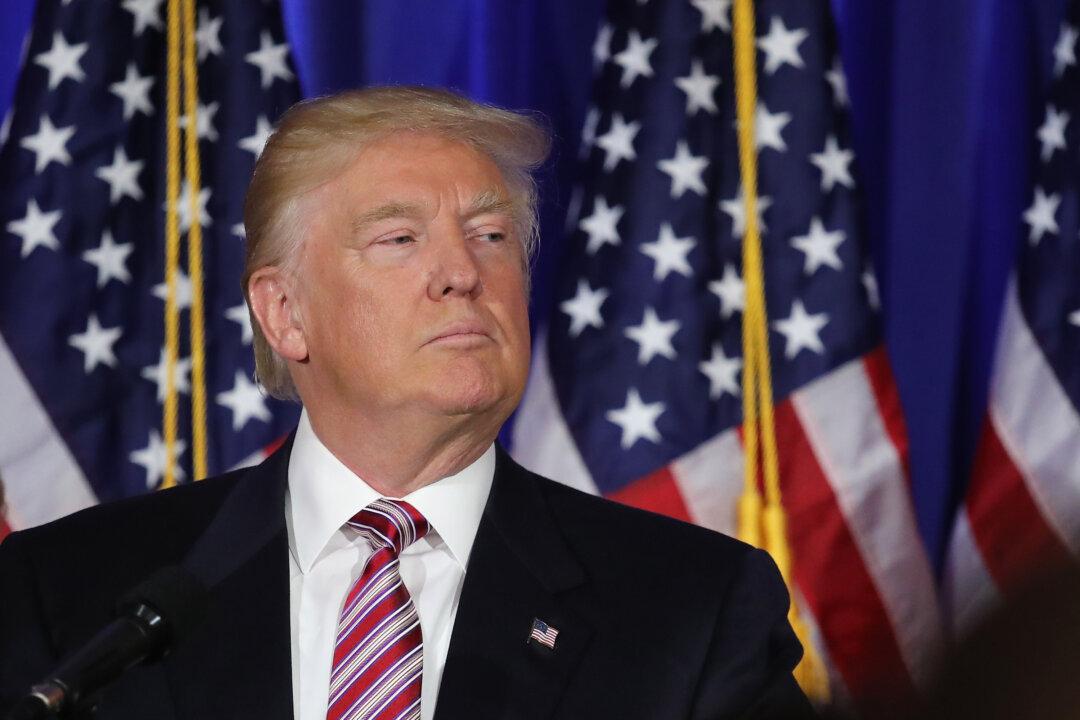TORONTO—If Donald Trump is elected president of the United States on Nov. 9, international trade is expected drop and the U.S.’s role as defacto leader on the international stage wane. This would leave Canada in a precarious position as a new world order re-establishes itself.
That’s the view business leaders John Manley, president and CEO of the Business Council of Canada, and Paul Frazer, president of PD Frazer Associates and former ambassador shared at The Economist’s Canada Summit on June 8.
Trump’s strong nationalistic rhetoric has found support as populism rises in the U.S. It’s similar to the situation in Europe, where the population is seeking a return to pre-financial crisis economic growth and more jobs.
One of Trump’s ways to “make America great again” is protectionism—cutting back on international trade by creating tariffs and other barriers to safeguard domestic jobs and companies from foreign competition.
Thus, should Trump be elected, there is little prospect of trade agreements like the Trans-Pacific Partnership (TPP) being ratified, even though the TPP is a very important expression of American interest in Asia under the Obama administration, Manley says.





